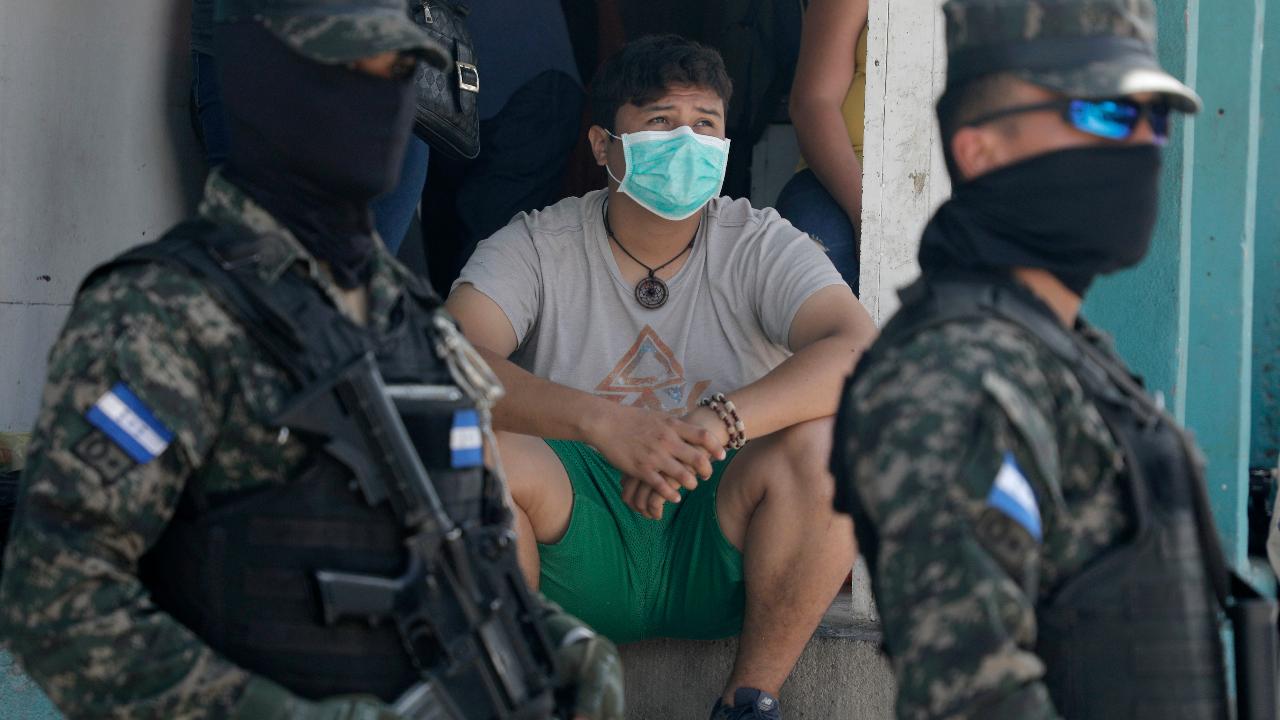Senate Democrats' coronavirus bailout plan could give each American $4,500
A family of four could receive as much as $18,000 in one year under the proposal
As Americans hunker down to mitigate the spread of the new coronavirus, the White House and Congress are weighing different stimulus options to offset the disease's deepening impact on the U.S. economy.
One proposal that's garnered surprising bipartisan support? Cash. Conservative and liberal economists largely agree that checks are an important stimulus measure to help individuals buy food, pay rent and survive the mass layoffs that are certainly coming.
On Tuesday, Treasury Secretary Steven Mnuchin gave the proposal its biggest endorsement yet, telling reporters during a White House press conference that the Trump administration is strongly considering sending out unrestricted cash amid a shutdown of a large swath of the economy. It's unclear how money Mnuchin is suggesting sending, although some Republican senators, including Mitt Romney, have said they'd support a one-time payment of $1,000.
CORONAVIRUS OUTBREAK TO CAUSE SHARP CONTRACTION IN US ECONOMY: GOLDMAN SACHS
"Americans need to get cash now and the president wants to get cash now, and I mean now — in the next two weeks," Mnuchin said Tuesday.
But some Democratic lawmakers want to even further. In a letter to Senate party leaders Mitch McConnell and Chuck Schumer, Sens. Michael Bennet, D-Colo., Cory Booker, D-N.J., and Sherrod Brown, D-Ohio, called for an immediate $2,000 payment to all adults and children in the U.S. living below a certain income threshold. (It's unclear what those levels may be, although Vox reported that the senators are considering $90,000 for singles and $180,000 for couples).
HOW TO NAVIGATE CORONAVIRUS BEAR MARKET IN STOCKS
Under the plan, Americans would receive another $1,500 apiece if the U.S. was still in the midst of the public health emergency come July. If the same were true in October, individuals would receive another $1,000 check. If unemployment ticks up half a percentage point to 4 percent from December's half-century low of 3.5 percent, the checks are cut by half — but still go out.
Individual Americans could receive as much as $4,500 through the remainder of the year under the plan, while a family of four could get as much as $18,000.
"We believe it is essential to provide assistance directly and quickly," the senators wrote. "Regardless of how fast Congress acts, there will be a lag between action and support arriving to workers and businesses, and every day we delay action will be a delay in support arriving. Now is not the time for a 'wait-and-see' mentality."
Americans have never received genuinely unrestricted cash before. The White House sent checks to Americans in 2001 and 2008 to address recessions at the time, but they were considered rebates to taxpayers.
Other stimulus efforts include an $8.3 billion package of emergency funding for prevention efforts and research earlier this month, and the House passage of a bill aimed at expanding the social safety net, including free COVID-19 testing, even for the uninsured, extending paid sick leave to more Americans and providing billions in funding to state and local governments for food programs and unemployment benefits.
CLICK HERE TO READ MORE ON FOX BUSINESS
